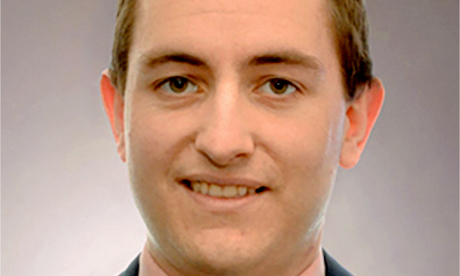Can’t the truth set us free?
In the last couple weeks, it was revealed that the US Justice department has secretly (ironic) charged Wiki-leaks founder Julian Assange with publicizing government secrets.
Also recently, the US Catholic bishops voted down a resolution which would have encouraged the Vatican to release all its documentation on the disgraced Archbishop McCarrick.
Last month, Harvard University released a cache of classified admissions data in the context of a lawsuit alleging that the school was discriminating against Asian Americans.
The popularity of Assange, Edward Snowden, and other anti-secrecy activists runs parallel to a deep-seated distrust of institutions, particularly prevalent among young people.
The demand for transparency and suspicion of institutions are signs of a desire for truth and goodness, which can so often be absent from human endeavors.
Positive results have come about as a result of pressure by folks who stand up to secrecy in institutions: greater accountability for clandestine government operations, more conversation about the inadequacy of the Church’s response to abuse, a facing-up to how we tend to think about race.
Transparency’s limits
But is transparency a virtue without limit?
Does prudence demand that some secrets best be kept?
As a millenial (I’ll admit it), my gut inclination is to be all about transparency.
The truth will set us free. Shining a light into darkness drives away the evil. Why would the government or the Church or a university have anything to hide?
But some folks I respect deeply, people older and wiser than I, have encouraged me to reconsider the deep commitment I feel to transparency.
As much as I would like to open my heart and history for all the world to see, that would be foolish and an ineffective way of ministering to people.
Keeping secrets helps protect the lives of our military serving overseas.
The seal of confession protects penitents from worry of blackmail or loss of reputation.
A university should keep its admissions policy on the hush-hush so that applicants won’t try to game the system.
Prudence
These arguments for secrecy all boil down to the virtue of prudence, which deals with discerning a good and choosing the best means for achieving it.
Sometimes, just given the way that the world works, keeping something secret is the best course of action for saving lives, protecting people’s reputations, or preserving fairness in college admissions. Keeping a secret is not an inherently bad thing.
For example, say a friend tells you that years ago she cheated on an exam in high school, you will likely feel obligated as a good friend to keep that secret.
Friendship is a good thing and if keeping a secret in that situation is the best way of maintaining that friendship, you ought to keep the secret.
If she was clearly qualified enough to graduate and the effects of her cheating have no bearing on today, it doesn’t make sense to risk her reputation and your friendship just to get the truth out there.
Of course, the argument could be made that secrecy is not the best means in a given situation. Continue reading
- Brendan Gottschall, SJ is a scholastic of the Maryland Province of the Society of Jesus. He is currently studying philosophy and theology at Fordham University in the Bronx.
- Image: Society of Jesus
News category: Analysis and Comment.




